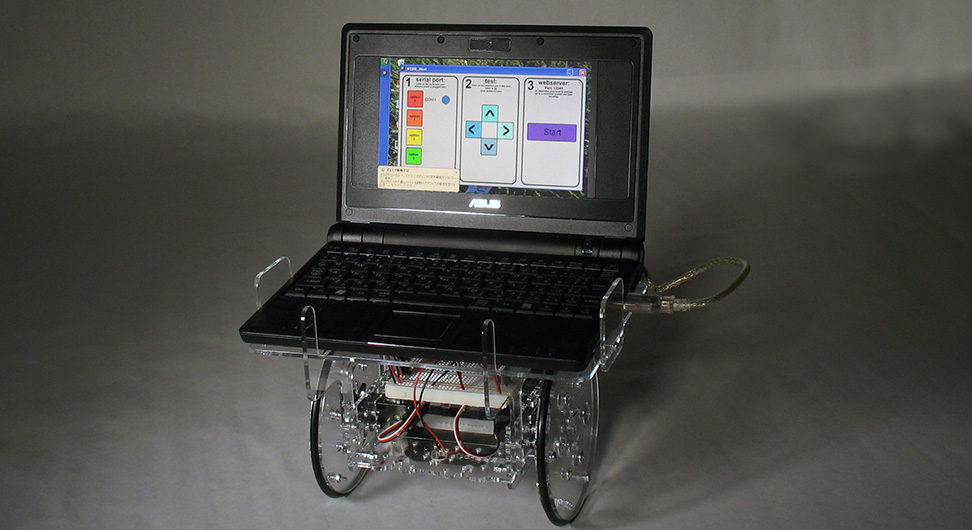Learn to Code Because You Want to Make Something Cool
So you should learn to code, huh? It seems like everybody’s saying so these days, but it looks hard and/or devastatingly terrifying. Besides, you’re an artist (or a writer, or designer, etc.), and your job has nothing to do with code. Why even bother?
Because it’ll make you smarter, more capable, and improve your life in untold ways.
Do you work with page layouts? Tools like HTML and CSS make it possible to quickly experiment with styles and formatting, and even turn your work into a printable PDF. All it takes is a browser, a text editor, and a designer’s eye to make it happen.
It’ll make you smarter, more capable, and improve your life in untold ways.
It’s a thrill to see your entire document update and morph as you update one or two lines of code, trying dozens of ideas and making document-wide changes in a fraction of the time.
Work on your computer all day? Scripting languages like Applescript can automate your workflow, help you manage menial tasks, and even allow you to make plugins and extensions for many of your go-to tools like Adobe CC, Apple Mail, Sketch or Spotlight.
Perhaps you’ve got an idea for a side project. You could build a custom website to launch your startup or get your portfolio online. Use Arduino to prototype that automatic cat door opener or some other crazy, cool thing you’ve been dreaming about. Maybe you’ll make the next big video game with GameMaker or Unity.
Before we get ahead of ourselves, it’s good to set proper expectations. What won’t you get by learning to code? As Nick Mendez has already pointed out, it won’t automatically get you a coding job.
I’m not saying you can’t get one—hell, I’ve seen people go from complete noobs to highly paid coding rockstars in a startlingly small amount of time, but unless coding gets your blood boiling so hot you’d rather code than sleep at night, it’s probably not realistic to expect yourself to develop pro-level coding skills during your lunch breaks over the next two months. And that’s fine; the point isn’t to get a job as a developer. You can still make something worthwhile—nay, AMAZING—within hours of learning to code.
Furthermore, you need to keep in mind that learning to code can at times feel soul-crushingly difficult. It’s frustrating, complicated, and there are so many ways you can mess up your code that it will make you want to pull your hair out.
Do it anyway. Push through it. If you don’t give up, a whole new world will be open to you. You’ll find out that there’s a method to the madness, and you might even start to like solving these little puzzles. There is nothing better than the feeling you get after figuring out a coding problem that’s had you stumped for the last three days and nights; it’ll make you laugh-out-loud giddy.
Choose something that will be useful or fun for you.
Code requires a methodical approach—breaking your idea into sequential steps and making sense of how all those pieces fit together. Getting good at debugging code will build synapses that will turn you into a problem solving machine.
Wondering what to start with? Above all else, pick something easy. Don’t worry about finding the perfect coding language or trying to follow whatever trend is happening right now. Instead, choose something that will be useful or fun for you, and then just go for it. From there, the possibilities are endless.
If you’re still not sure where to start, Processing can do some amazing things. It has a very simple syntax, a very low barrier for entry, and is a favorite for creative types.
Another good choice is JavaScript, which is easy to learn, very forgiving, and has a lot of great libraries and plugins to jumpstart your learning.
The more you learn, the easier it is to try new coding languages and make bigger, better things. Even if they look a little different, the same basic principles apply to all types of coding, and you’ll be surprised how easy it is to add new tools to your toolbox.
Thom Hines is an assistant professor at Portland State University’s School of Arts + Design, where he’s working to expand their interaction design course offerings.
This work is licensed under a Creative Commons Attribution-ShareAlike 4.0 International License.


